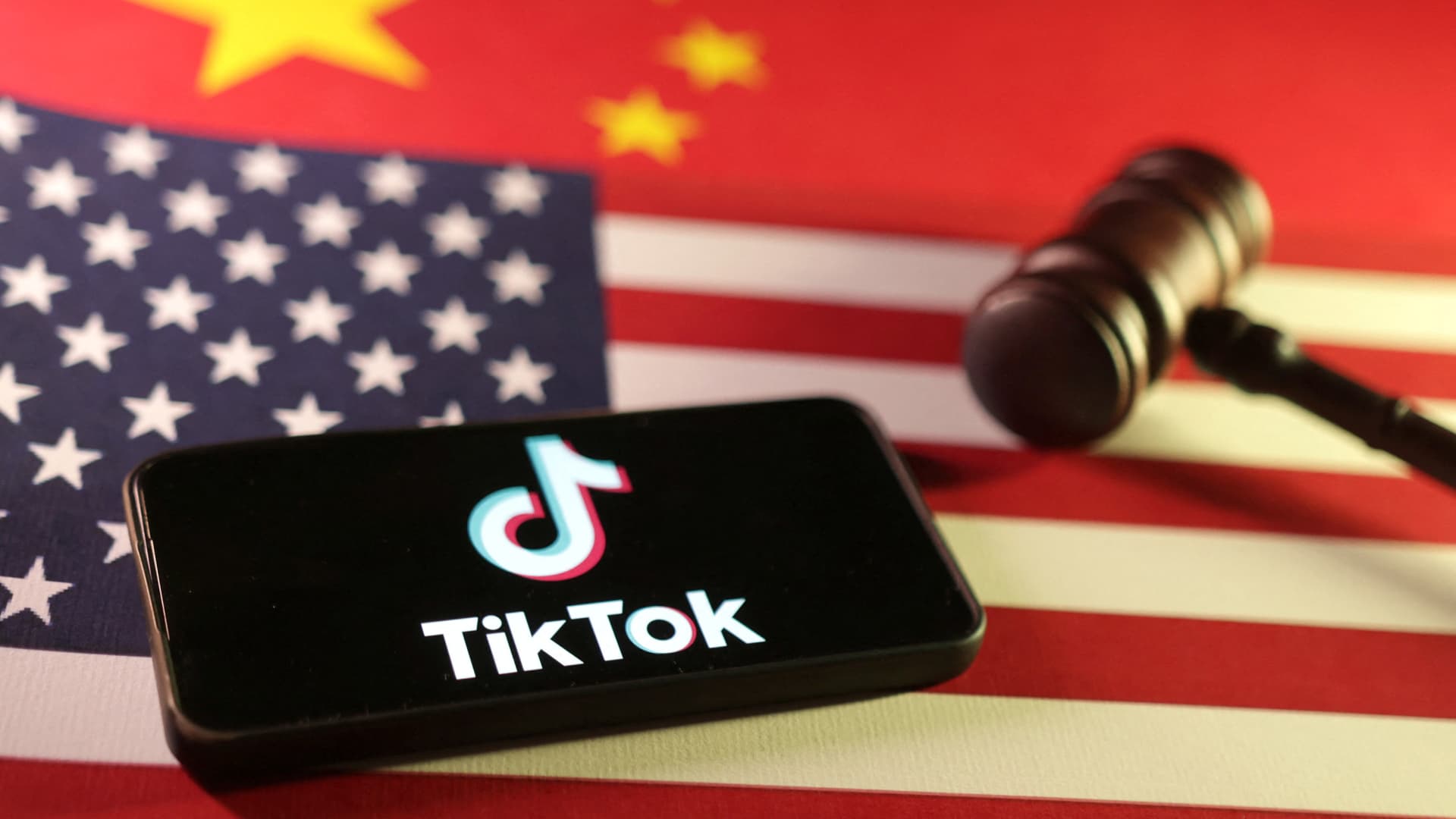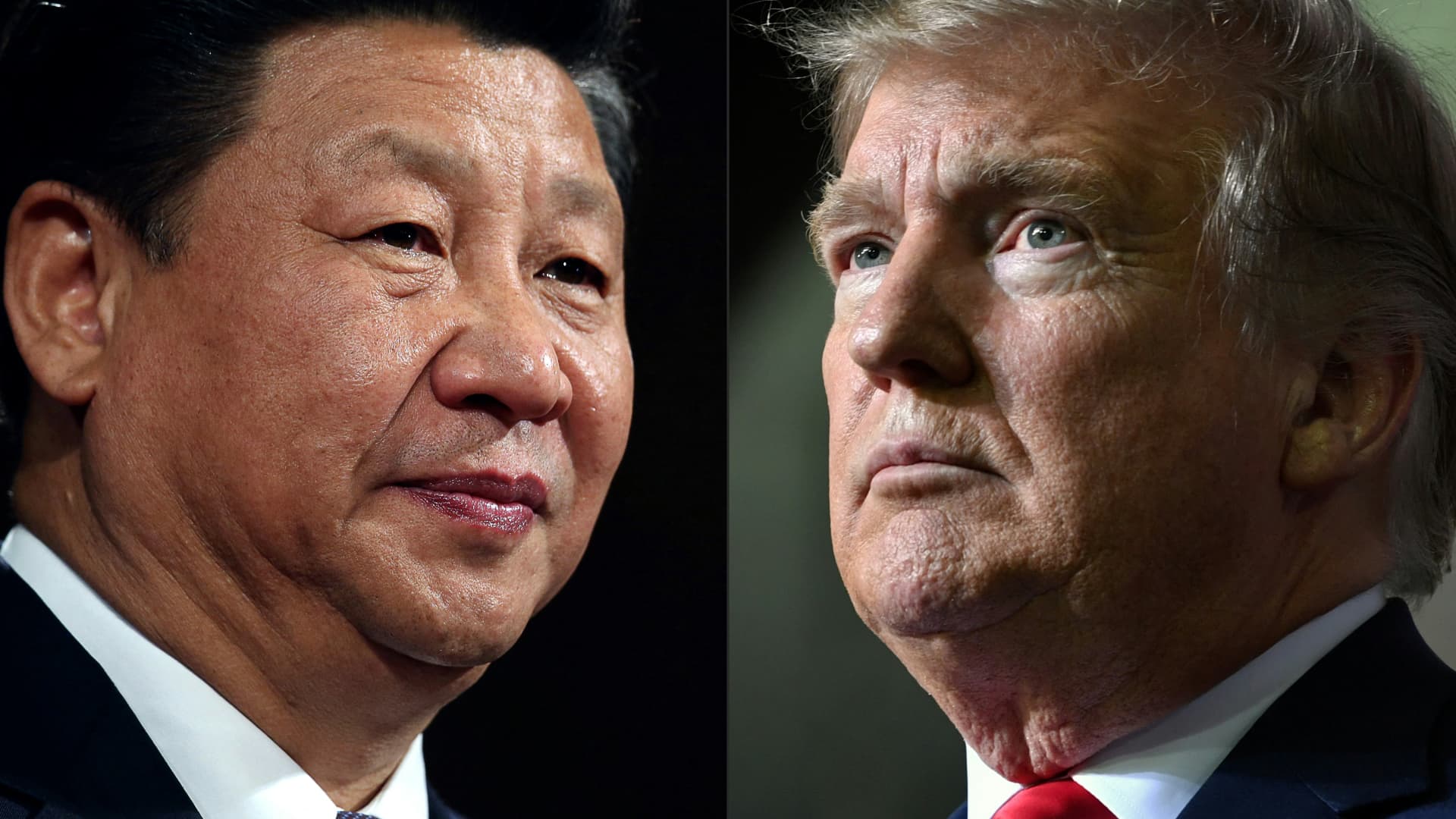Lemon8, a photo-sharing app by Bytedance, and RedNote, a Shanghai-based content-sharing platform, have seen a surge in popularity in the U.S. as “TikTok refugees” migrate to alternative platforms ahead of a potential ban.
Now a law that could see TikTok shut down in the U.S. threatens to ensnare these Chinese social media apps, and others gaining traction as TikTok-alternatives, legal experts say.
As of Wednesday, RedNote — known as Xiaohongshu in China — was the top free app on the U.S. iOS store, with Lemon8 taking the second spot.
The U.S. Supreme Court is set to rule on the constitutionality of the Protecting Americans from Foreign Adversary Controlled Applications Act, or PAFACA, that would lead to the TikTok app being banned in the U.S. if its Beijing-based owner, ByteDance, doesn’t divest it by Jan. 19.
While the legislation explicitly names TikTok and ByteDance, experts say its scope is broad and could open the door for Washington to target additional Chinese apps.
“Chinese social media apps, including Lemon8 and RedNote, could also end up being banned under this law,” Tobin Marcus, head of U.S. policy and politics at New York-based research firm Wolfe Research, told CNBC.
If the TikTok ban is upheld, it will be unlikely that the law will allow potential replacements to originate from China without some form of divestiture, experts told CNBC.
PAFACA automatically applies to Lemon8 as it’s a subsidiary of ByteDance, while RedNote could fall under the law if its monthly average user base in the U.S. continues to grow, said Marcus.
The legislation prohibits distributing, maintaining, or providing internet hosting services to any “foreign adversary controlled application.”
These applications include those connected to ByteDance or TikTok or a social media company that is controlled by a “foreign adversary” and has been determined to present a significant threat to national security.
The wording of the legislation is “quite expansive” and would give incoming president Donald Trump room to decide which entities constitute a significant threat to national security, said Carl Tobias, Williams Chair in Law at the University of Richmond.
Xiaomeng Lu, Director of Geo‑technology at political risk consultancy Eurasia Group, told CNBC that the law will likely prevail, even if its implementation and enforcement are delayed. Regardless, she expects Chinese apps in the U.S. will continue to be the subject of increased regulatory action moving forward.
“The TikTok case has set a new precedent for Chinese apps to get targeted and potentially shut down,” Lu said.
She added that other Chinese apps that could be impacted by increased scrutiny this year include popular Chinese e-commerce platform Temu and Shein. U.S. officials have accused the apps of posing data risks, allegations similar to those levied against TikTok.
The fate of TikTok rests with Supreme Court after the platform and its parent company filed a suit against the U.S. government, saying that invoking PAFACA violated constitutional protections of free speech.
TikTok’s argument is that the law is unconstitutional as applied to them specifically, not that it is unconstitutional per se, said Cornell Law Professor Gautam Hans. “So, regardless of whether TikTok wins or loses, the law could still potentially be applied to other companies,” he said.
The law’s defined purview is broad enough that it could be applied to a variety of Chinese apps deemed to be a national security threat, beyond traditional social media apps in the mold of TikTok, Hans said.
Trump, meanwhile, has urged the U.S. Supreme Court to hold off on implementing PAFACA so he can pursue a “political resolution” after taking office. Democratic lawmakers have also urged Congress and President Joe Biden to extend the Jan. 19 deadline.











